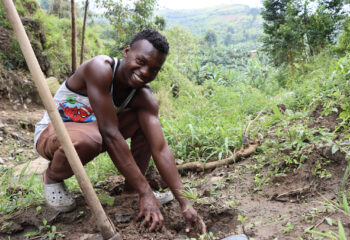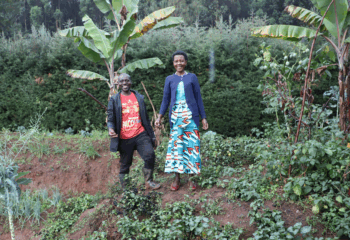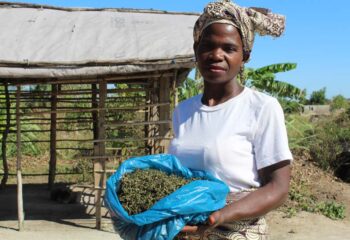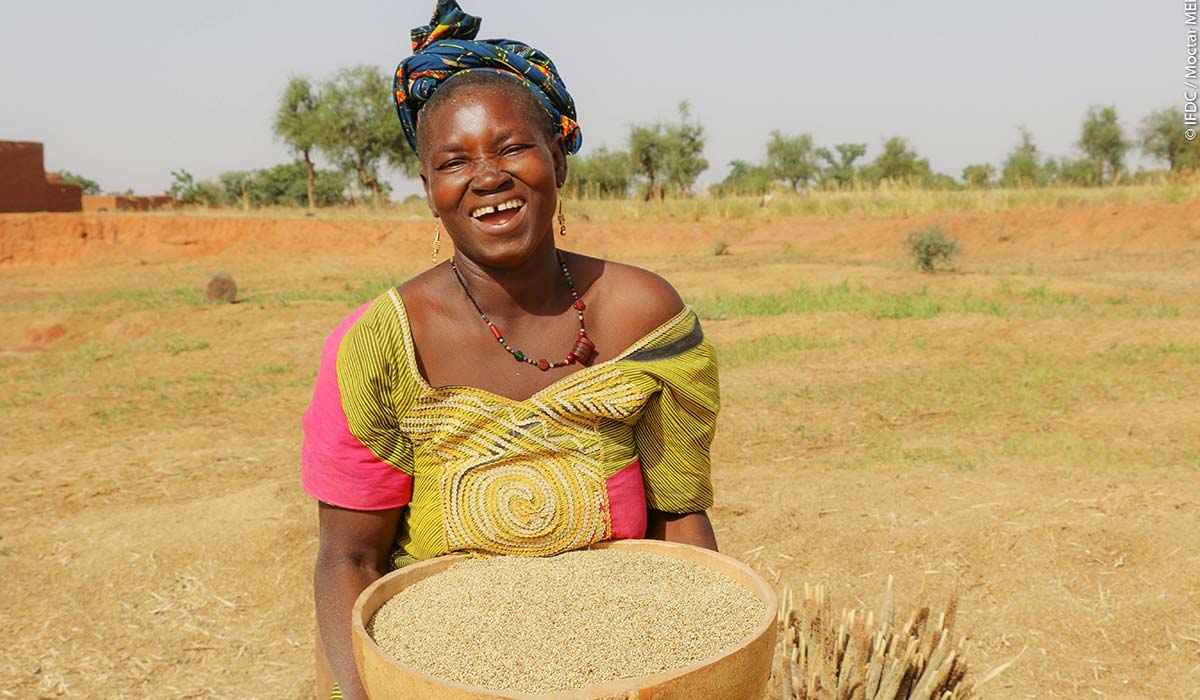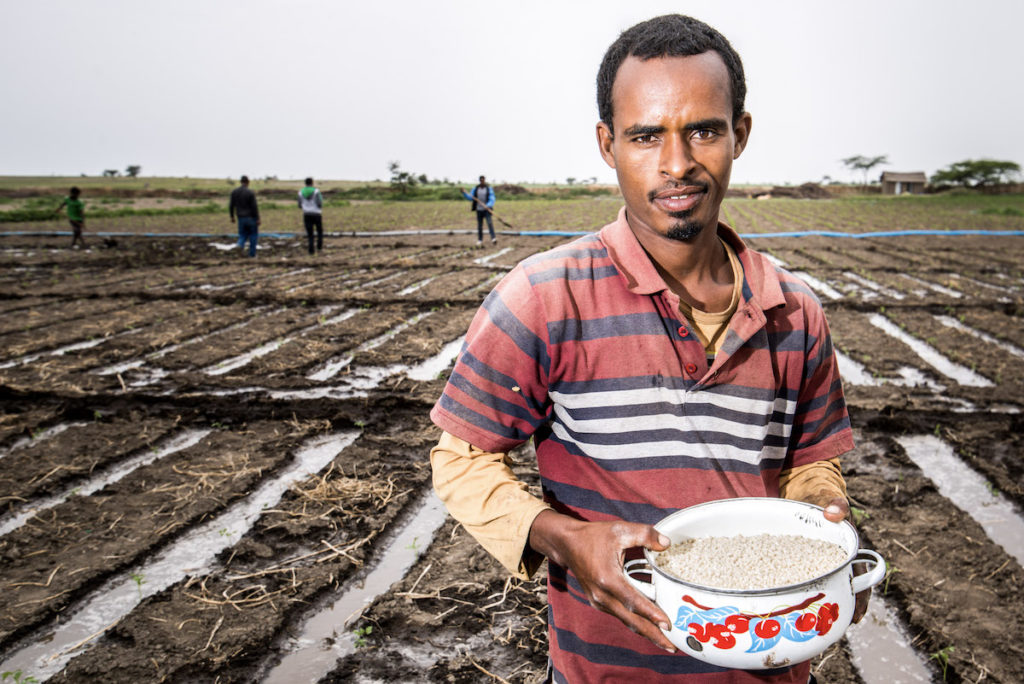
Soil equals life! Not considering air, all living things, including humans, require three basic things for survival: food, water, and shelter. Did you know that all these are related to the soil? Soil offers provisional services of food, fiber, energy, fuel, raw materials, infrastructure support, and water purification, among others. Soil is also a home for organisms. It is known that a teaspoon of soil contains more microorganisms than there are people on the planet. Therefore, it can be said that healthy soil enhances and sustains a healthy life. Soil health is the continued capacity for soil to function in support and sustenance of all these services to humans, animals, and plants. Healthy soils are fundamental for human survival. Despite all these benefits, the soil is being subjected to unprecedented pressures, causing it to erode and degrade at unsustainable rates. One-third of the planet’s land is currently moderately to highly degraded, yet it takes at least 100 years for an inch of soil to form, depending on climate, vegetation, and other factors. This means that the future of the soil is precarious.
“Ideally, every human should be an ambassador in protecting our planet Earth; it is our present and future!”
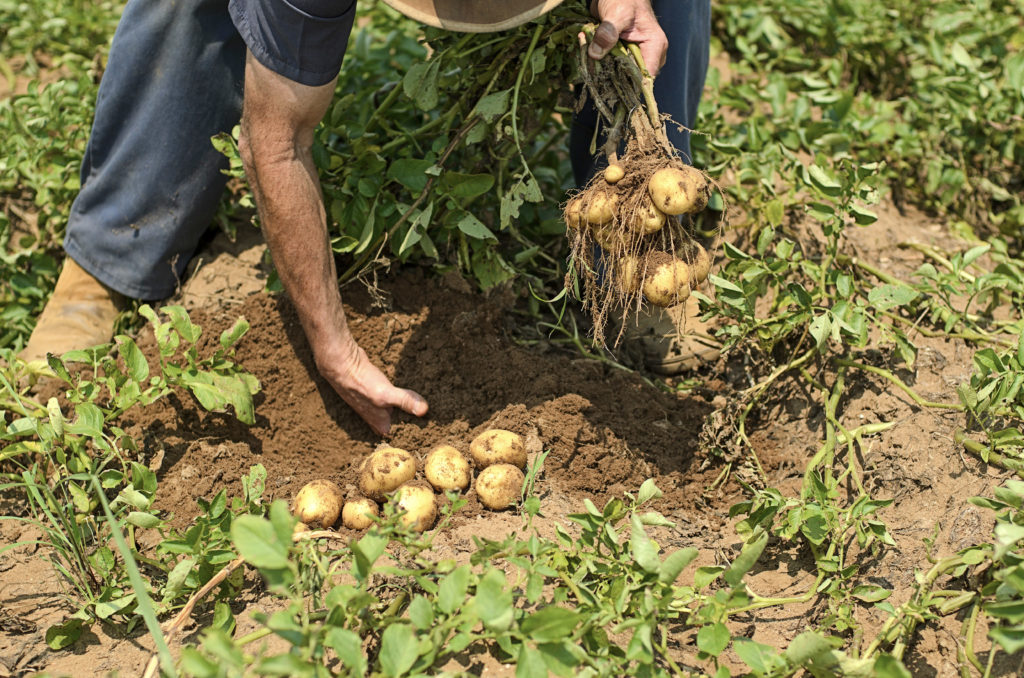
Soil is the foundation of agriculture, and humans rely on it for over 90% of food production. With a high global population growth rate, a twofold increase in food demand in the next four to five decades is predicted. Two-thirds of soil degradation is currently attributed to agriculture, and with a growing global population, there is more demand for the soil to produce more food. Although the 1960s Green Revolution brought about a great increase in food production by introducing high-yielding crop varieties and chemical fertilizers, food security is still an issue, with climate change majorly affecting its four pillars: availability, access, utilization, and stability. Sustainability implies managing and protecting Earth’s natural resources and ecosystems, including climate and atmosphere, for both current and future generations. Therefore, the question is: Is there hope for our planet’s sustainability? Also, how much capacity does our planet have to sustain food systems, and hence life? We believe that there is hope for our planet through the soil.
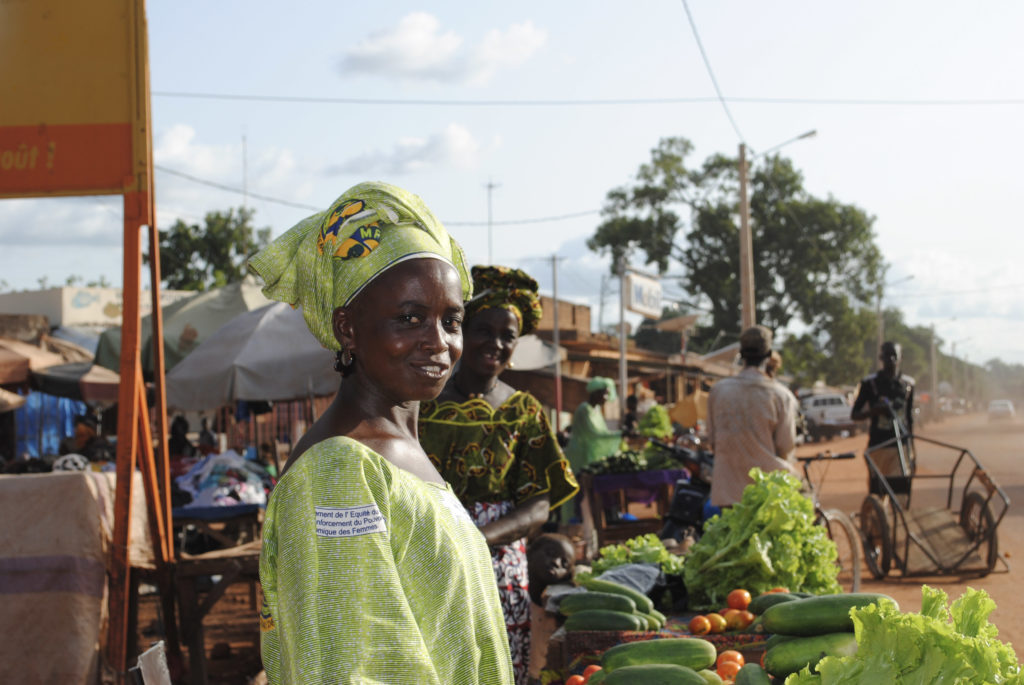
Soil is more than just dirt, and its health and quality are critical for the sustainability of our planet. From an agricultural perspective, soil nutrients are continually degraded through poor nutrient management, soil erosion, overgrazing, and deforestation. However, soil nutrients can be replenished by adopting high-integrity agricultural management practices, including conservation agriculture, through cover crops, crop rotation, minimum or no-tillage, mulching, and integrated soil fertility management. Furthermore, in the face of climate change, climate-smart agriculture is required to support sustainable agriculture development strategies that enhance food security and maintain ecosystem services. Nature tends to regenerate its biodiversity, and as such, integrated and holistic soil management practices will support the carbon cycle, bearing in mind that soil holds the largest portion of active carbon on the planet. Soil carbon helps to provide energy for microorganism growth, promotes the formation of new cells, and mitigates climate change. As a result, more crop yields and resilience can be experienced amid climate change.
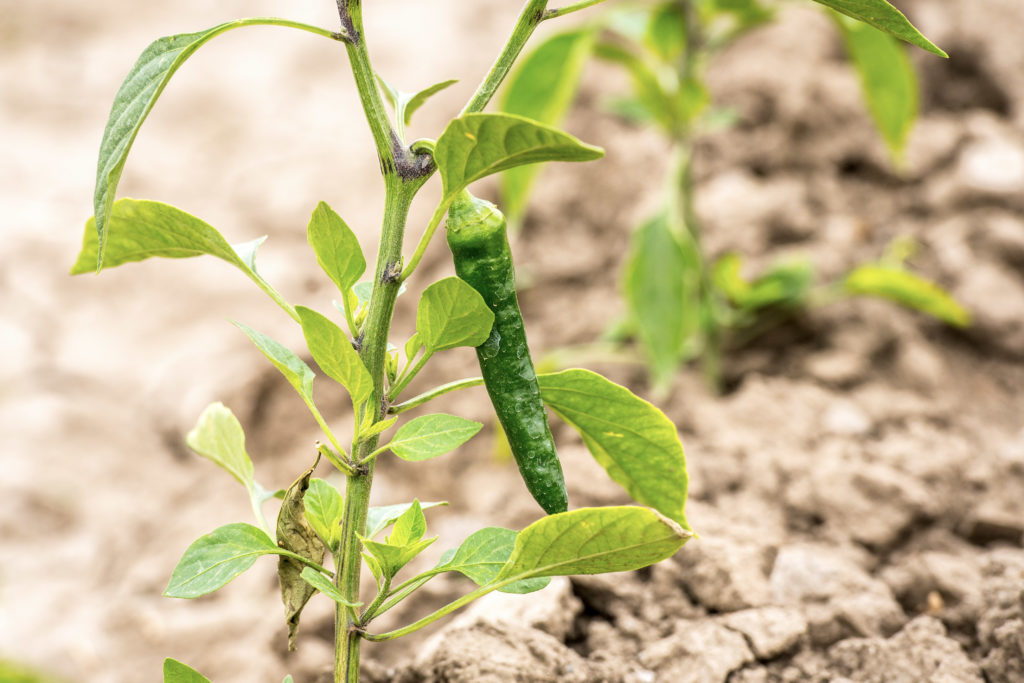
To enhance food security and maintain the ecosystem, efforts to promote soil health and quality should be a top priority for the global society. Although the solution lies beneath our feet, many humans barely realize it. Dr. Mercy Ngunjiri elaborated, “Ideally, every human should be an ambassador in protecting our planet Earth; it is our present and future!” We must intentionally protect and preserve our soil to save our planet because our future, and that of subsequent generations, depends upon our current actions. We need a future where soil degradation and climate change are kept at bay. A future where billions of people can be fed. A future where our wildlife and ecosystems are protected, with more biodiversity and trees providing fresher air. A future where clean water is readily available. A future where people and nature can thrive together on Earth. The call to action is for all of us – global society and governments – to continuously protect, sustainably manage, and consciously restore the health of our soil through support and adoption of sustainable agricultural practices.

